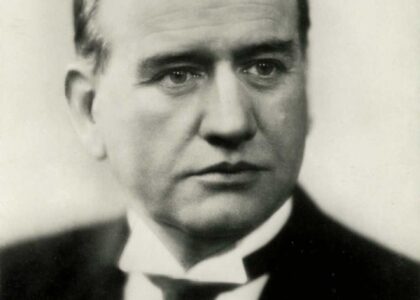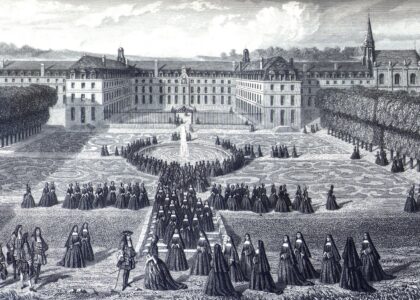Welcome to Fort Negley, a fascinating historical landmark that stands as a testament to the turbulent times of the American Civil War. Perched majestically atop St. Cloud Hill in Nashville, Tennessee, Fort Negley was constructed by Union forces after they seized Nashville in February 1862. This fortification, the largest inland masonry fort built during the Civil War, was designed to secure the Union’s strategic hold on the city.
The story of Fort Negley is woven into the fabric of Nashville’s history and the broader narrative of the Civil War. Captain James St. Clair Morton oversaw its construction, which was primarily carried out by African Americans, including enslaved individuals and free Black laborers. They toiled under harsh conditions, with promises of freedom for those who were enslaved.
Though the fort never saw direct combat, it played a crucial role as a deterrent to Confederate forces, helping to secure Union control over a vital transportation hub. During the Battle of Nashville in December 1864, artillery from Fort Negley supported Union efforts, aiding in the defeat of Confederate General John Bell Hood’s forces.
After the war, Fort Negley fell into disrepair, but its legacy endured. In the 1930s, the Works Progress Administration undertook a significant restoration project. However, it wasn’t until the early 2000s that preservation efforts led to the fort’s reopening to the public. Today, Fort Negley Park is a space for reflection and education, offering a glimpse into the past through interpretive panels and guided tours.
Notably, Fort Negley was designated a ‘Site of Memory’ by UNESCO as part of the Slave Route Project, recognizing its historical significance and the contributions of African American laborers. This designation underscores the fort’s role in the struggle for freedom and the complex history it represents.
As you walk through the grounds of Fort Negley, consider the lives of those who built and defended it. Their stories echo through the stone walls, inviting us to remember and learn from the past.





